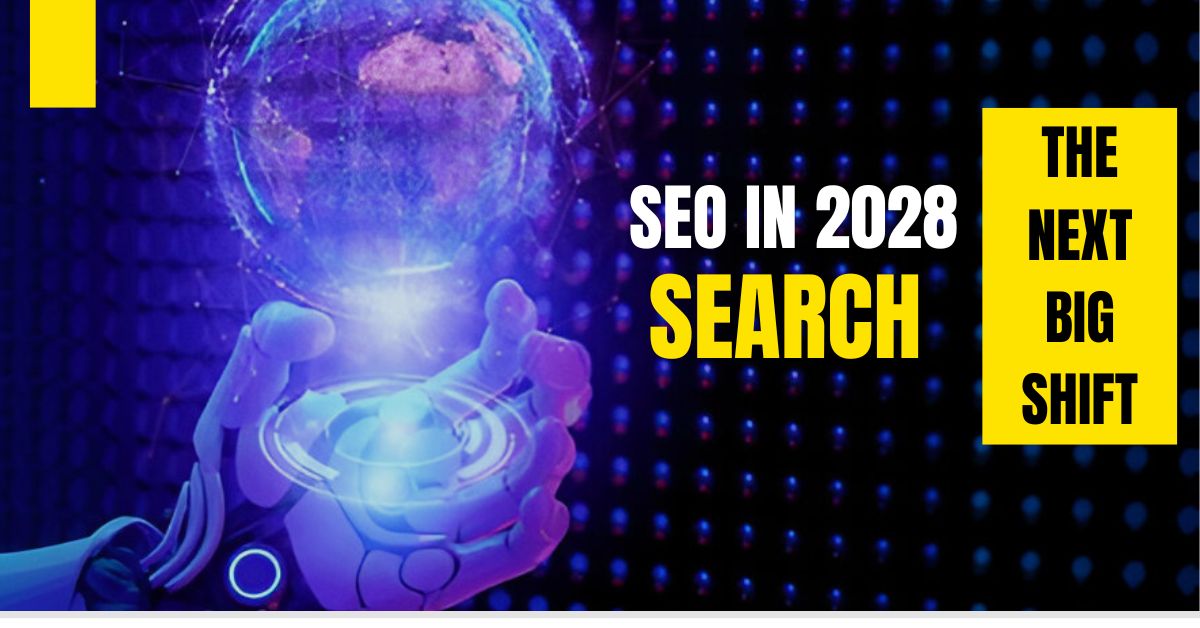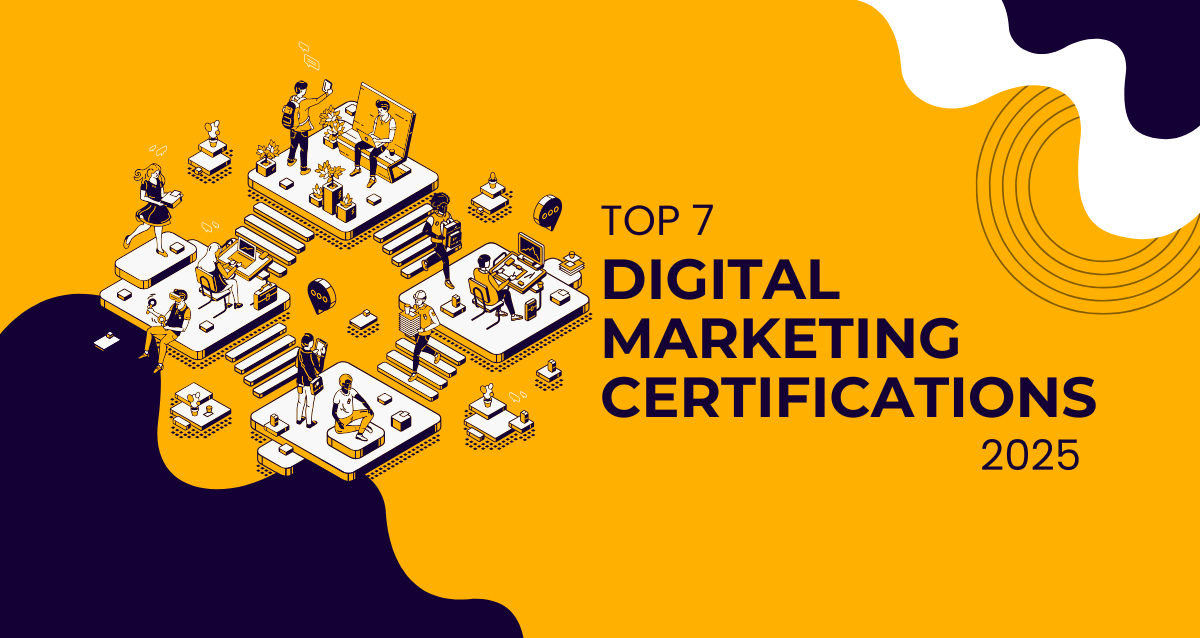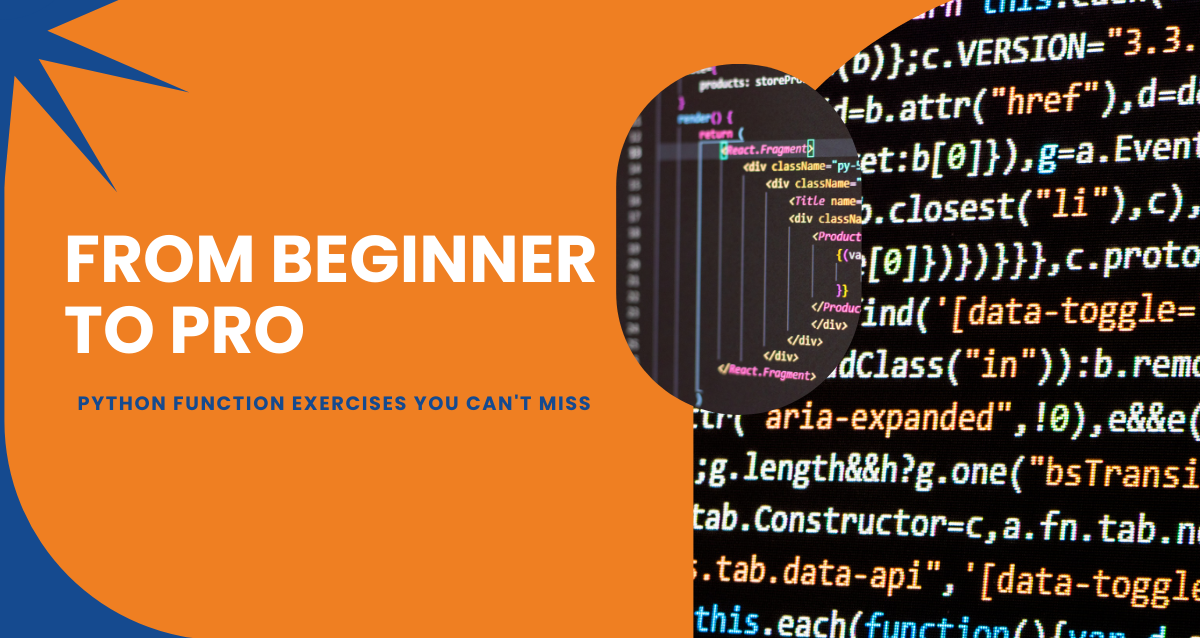
 19-Nov-2024
19-Nov-2024
SEO has always been an elusive concept, and as one peers further into the future, in this case 2028, it’s evident that the trend will be evolution. With AI technology on the rise, user behavior rapidly changing and new content formats appearing, it’s unthinkable how we’ll have to change when considering the future ecosystem. Here’s how I imagine SEO and its prospects across the globe shortly along with the trends that I think are headed for the industry.
It is important that when considering SEO in 2028, AI will not only change how people do content optimization but also how search engines operate as well as how they provide results. It’s no longer just about keyword volumes—it’s about the ability to produce relevant pieces of content that appeal to the audience, and to the courses that machines comprehend and anticipate.
Without even thinking about it: in 2028, search engines will not be easy to use because poor algorithms are no longer used to build them. In a sense, it will be true: if Google would be able to not just demonstrate but also learn, traditional search engine practices will be completely aggressive. Content will be more and more about understanding the reader’s mood. It was not about how many times a key page was targeted, now it’s how many times a certain keyword niche was used, now it’s how many relevant times a target description has been used.
And then there is voice search. It is predicted that by 2028, voice searches will constitute a considerable percentage of most users’ engagement with search engines. It is no longer just about the keywords “best laptops 2028” typed in a search box. For example, questions like “Which laptop suits remote working best this year?” or “What laptop should I get for designing?” have become popular. It largely means that optimization for voice search has to be more detailed, that is long-tail phrases. In reality, SEO will begin to shift from optimization of short keywords and phrases to optimization of full sentences in a naturally conversational manner.
Google has always stated that user experience does determine the rankings of a website, but I feel that by 2028, it will be the determining factor. The speed at which pages load, mobile readiness, and ease of navigation will be absolutely critical factors. I also think that there will be a growing demand for interactive content such as quizzes, polls, and features that let visitors engage with them in real time. Sites that load quickly and keep users online, engaged, and ready to come back again will definitely be in consideration by Google.
In recent times, I have come across the emergence of AI Optimization (AEO). While the concept is quite fascinating, I do not see it replacing SEO anytime soon. I believe that AEO will actually be less valuable than SEO, at least for the time being as AEO is still in its nascent stage.
SEO Is Not Just Machine SEO is quite simply user-focused, and it is designed for their audience or end-users. Sure, AIs can assist in content marketing and AIs can analyze to assist with SEO, but at the end of the day – human beings are still the ones searching, producing, and consuming that content. There’s little doubt that SEO will remain focused on people’s motive and behavior- what do they want and why do they turn to search engines while AEO is a form of optimization oriented towards AI systems. The human element remains critical in the marketing funnel as much as AI continues to improve and dominate the technological space.
I personally feel that AEO will also remain on the sidelines for a little while longer. True, platforms that utilize automated systems and algorithms such as virtual assistants and chatbots are gaining a foothold. However, search engines, that is, Google, Bing, etc. will continue to dominate for the foreseeable future. There is SEO, which stands for Search Engine Optimization, which is a lot of work trying to create content and make it visible on a search engine, e-commerce or social media. In this sense, AEO will likely remain limited to particular AI platforms and as a result will be less effective.
One question that always comes to mind, and my position is that it’s a bit more complicated than it used to be. In the coming years, I expect Google to still prioritize off-page and on-page elements, but there will be changes in trends.
In terms of off-site optimization of webpages I try to imagine it to be relegated to the periphery of the spectrum. Keywords, internal links, images, video, alt attributes, button size, header tags, and website speed load time will absolutely remain among some of the factors that Google examines. But by 2028, that picture is set to change as Google will focus more on engagement rate among other interactivity elements. It will not simply be a matter of enriching the content so that it is equipped with the search engine optimization principles. I think that 100% of achievements aimed at developing the site will target making every aspect of the website clear and its use effortless and comfortable.
However, off-page SEO is still important and will still come in huge. Backlinks will remain relevant, and more so, I believe that Google will always place more premium on trust and authority. Nevertheless, I think the way they assess links will be more gentle in the future. By 2028, the demand for massive backlinks will no longer exist as there will be more emphasis on the quality and appropriate ones. There will be even more focus on power, and it will be a necessity to be able to make true connections with other sites and influencers to obtain those precious backlinks.
If you ask me, I’d say AI is going to be the most intriguing thing that will determine SEO trends in the next few years. AI is already an integral part of performing any type of search, in this case, the AI behind Google RankBrain, BERT, or AI assistants like Google Assistant, and Siri. In the future, AI will enhance the process of content creation, the process of content optimization and the search ranking even further.
AI is already making a name for itself in helping with the keyword search and even writing content for various purposes. Just a few years down the line, AI will be able to write more content that requires creativity and has more depth in it. It’s going to change the way we do this content marketing business. I can even see marketing AI that will be able to recommend optimizations that are currently in trend, or that can help identify content strategy gaps. But the problem is: how will this change the workflow of SEO technicians and how can they remain human in the age of machines?
Considering the fact that AI would have done the work of analyzing user data, it is my prediction that personalized search context results would reach an advanced level. SEO theories and methods would have to change; there will be less focus on a generic keyword and stress emphasis on creating content that everyone will desire. Come the time, even local SEO will become hyper-focused and everyone’s search intentions will be the key factor for succeeding search engine ranking.
The growing presence of virtual assistants and AI chatbots in our lives calls for new SEO tools such as voice interactions and question-centered queries. Enhancing strategies for extracting and answering questions including how- and why-do ones will take on new meaning. I do believe that in the not-too-distant future, AI will be able to aid in focusing the intention behind searches and the content, that is, the actual provision of relevant information that is contextually appropriate.
Every time I speak about the future of SEO, it is essential to talk about video. It is without a doubt that video content is on the rise, and by the year 2028, it will be an even larger portion of a search engine.
Video SEO will ensure almost all people focus on this area. With YouTube and other similar platforms edging out competitiveness, it is crucial to optimize the video appropriately. This also includes ensuring proper video tagging, clear and catchy thumbnail images, and complementing the video with good metadata. But I also think that we will have Google concentrating on the particular elements of the video’s content too, for example, using AI to determine the context by analyzing what is said or shown.
In the world of e-commerce that is constantly growing, it is easy to see video SEO evolving to include video and product integration. Videos will no longer just be about entertainment instead they will give the audience a chance to purchase. These videos will call for different types of optimization, from product linkage to effective CTAs.
As we move forward towards the year 2028, there are some likelihoods that can be drawn about the fate of SEO, it could get even more personalized with heavy influence from video and AI. It would go beyond just theoretical rankings and zeros and ones. As AI takes hold of the industry, it has become more relevant than ever to remain competitive by keeping up with the changes. Even with the current implications on business strategy, SEO shall still be important but it will take more volume and finesse than ever before.
What do you think the future of SEO is? Any trends I didn’t touch on that you’ve noticed? What do you think will be the role of AI in the advancements? Let me know via email.


19-Sep-2025


9-Sep-2025


14-Aug-2025